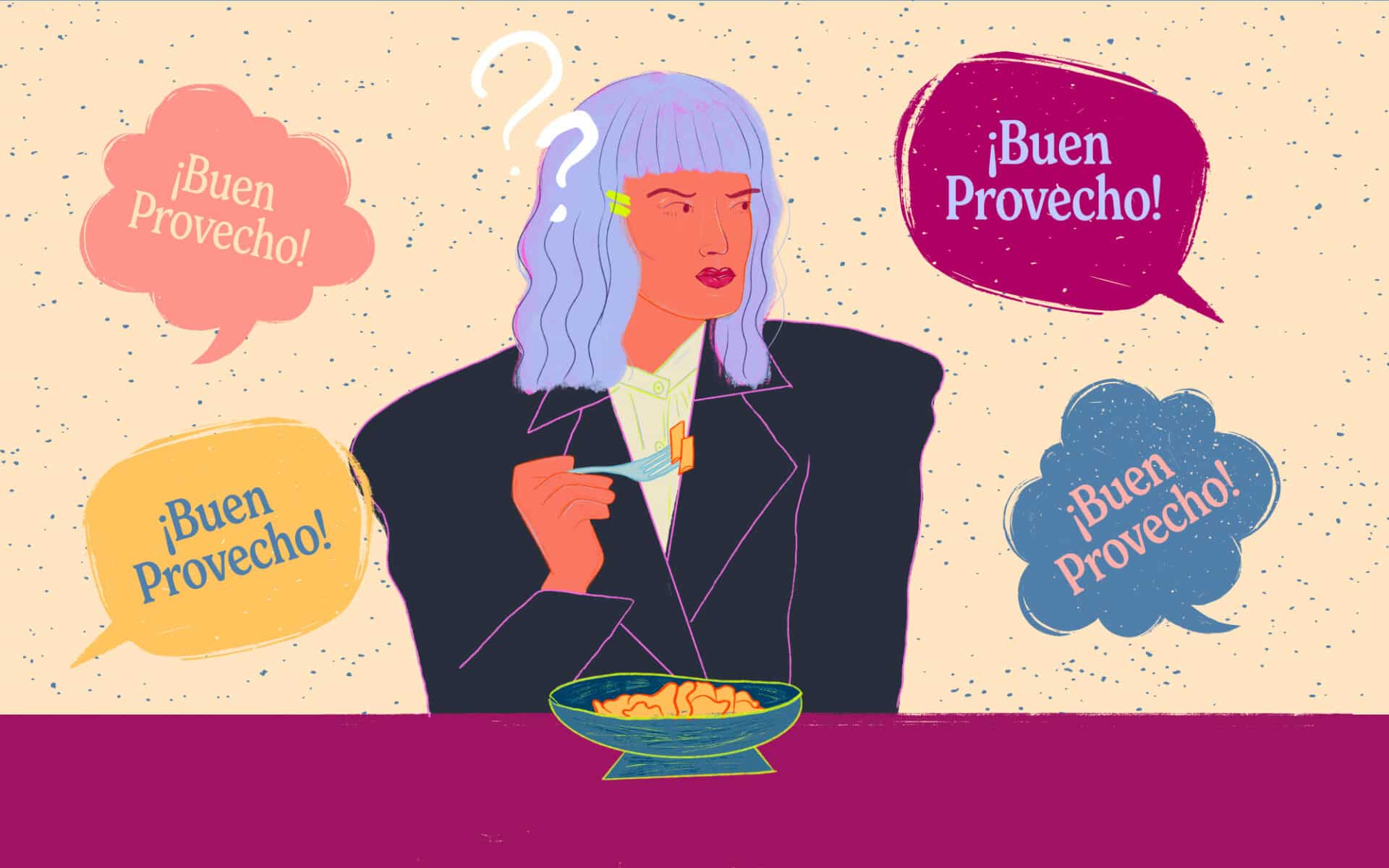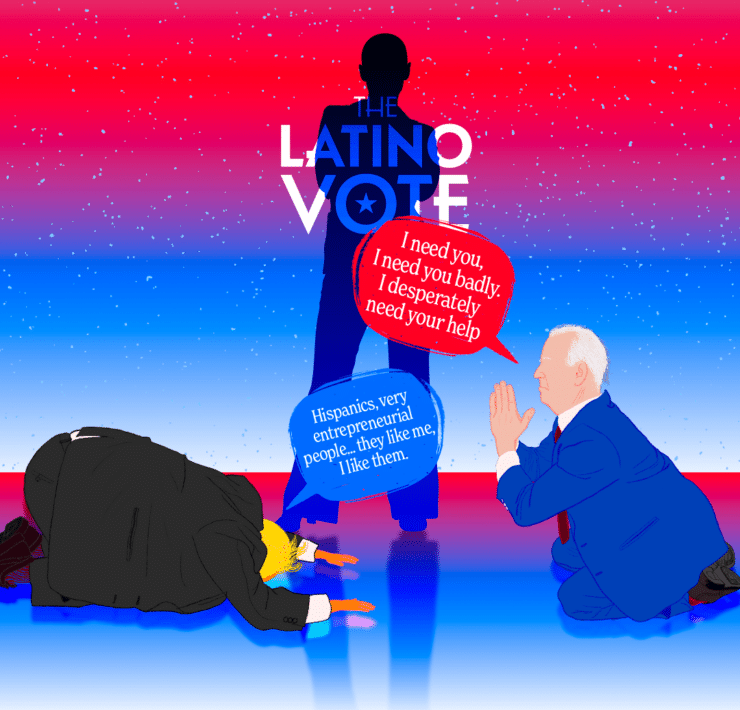
|
Getting your Trinity Audio player ready...
|
After more than two decades living and working in New York City, I recently accepted a new job offer and moved back to Mexico City—the chaotic, wonderful city where I was born and raised.
However, after one month back, I am stunned with culture shock and nearly got myself banned from a restaurant.
I could go on forever listing the things that feel strange after being away for so long, but I’d like to focus on my biggest cardinal sin to date: forgetting that Mexicans are not only polite. They are extremely polite and must exchange pleasantries with everyone they encounter.
In Mexico, it doesn’t really matter if you woke up in a bad mood, are having a lousy day, or simply don’t feel like interacting with other humans. You will be frowned upon if you don’t pepper your daily social interactions with polite words and phrases like “please,” “thank you,” “you’re welcome,” “bless you,” “vaya con Dios,” “con permiso” (or “con permisito”) every time you encounter another person.
WARNING: Before you keep reading and/or ask this writer to por favorcito “go find God” and stop talking nonsense, remember this column was conceived to be handled with a serious dose of humor.
Buen Provecho Explained
Of the many Spanish language pleasantries I have rediscovered, there is none more entrenched than the famed buen provecho (and it’s variations: provecho and provechito), which you’re obliged to say to let other people know that you really, really want them to enjoy their meal.
Some Spanish-English dictionaries will translate provecho as “profit” or “benefit,” but when it comes to Latin American table manners, it means so much more. Buen provecho is required every time you sit down to eat with another person, or you happen to be in the vicinity of someone else’s meal. It doesn’t matter whether the meal in question is breakfast, lunch, or merienda, whether you’re at home or at a restaurant, or whether you’re eating or not. You must buen provecho your fellow Latinos at every meal—beginning, end, and interruptions included.
Happy Sandwich to Me!
In my teens, I earned an International Baccalaureate scholarship to study at an international high school in the tiny South Asian country of Singapore. My English (the official language of the school) was still rusty when I landed among the other international students, but I was eager to learn from their cultures and to share mine. So, naturally, one of the first things I wanted (actually, needed) to know is how to say buen provecho in their languages.
“Happy sandwich,” said a British classmate. “We say ‘happy sandwich’ every time we sit down or get up from the dining table.”
Amazing, I thought, and made sure to write it down.
And so started a months-long giggling and laughing behind my back every time this then seventeen-year-old Mexican greeted everyone with a “happy sandwich to you” during their meals.
Weeks later, after I’d made some real friends, I learned that they had just been pulling my leg. Mier. . . coles!
I was, of course, traumatized and stopped saying provecho (and happy sandwich) altogether. Fortunately, I later moved to New York City where I lived for a very long time without caring whether people enjoyed their meals or not.
Now that I’m back in Mexico, I have had to retrain myself to think about the culinary enjoyment of my fellow Mexicans’ as I go through my day. It’s been an adjustment, but I don’t want my people to think I’m an ungrateful and rude repatriate. So, if any of my dear readers happen to be eating, snacking, or even thinking about food while you read this, please, accept a warm (and not at all bitter) buen provecho from me.
As much as I am complaining, I am grateful to be back in my beautiful and polite Mexico. These social interactions are helping me get reacquainted with my people. But a part of me does miss being in New York City where ignoring those around you is the most polite thing you can do.
Stay tuned for Laura Martinez’s next Hisplaining column, which will tackle other key biz terms and jargon and help leaders everywhere smoothly navigate the multicultural business world. In the meantime, send us tips and ideas for other terms and jargon that you’d like to see us feature. And remember: don’t panic . . . it’s just his-PANIC!








